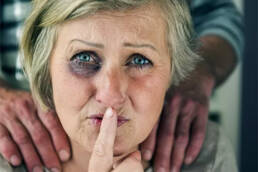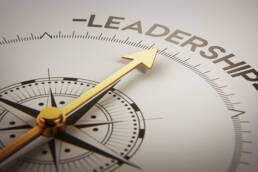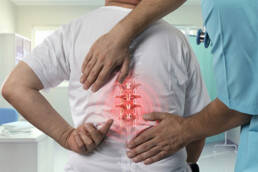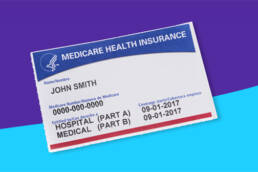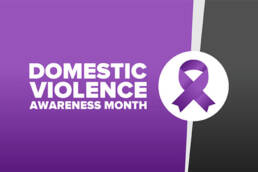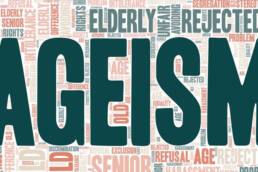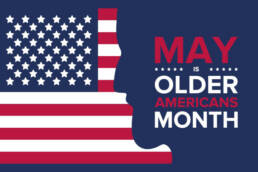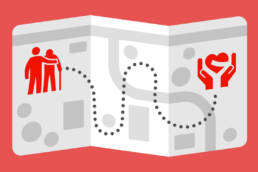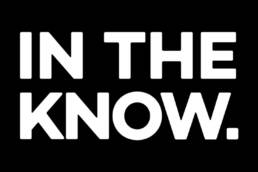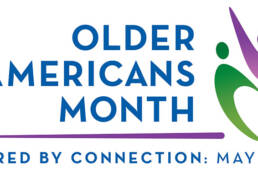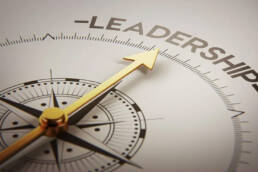Potential Signs of Vitamin Deficiency
Brittle, weak hair and nails*
- Fatigue and low motivation*
- Thinning hair*
- Feeling run-down*
- Having brain fog or feeling sluggish
Burning sensation in the feet or tongue
If you’re experiencing this, it should definitely sound an alarm,” Graham says. Talk to your doctor, who will likely order a blood test to check your B12 levels. You almost might have issues with balance, constipation, and dry skin.
Wounds are slow to heal
If you are diligent about brushing and flossing daily and your gums are still red, swollen, and bleeding, you might need to boost your vitamin C intake. Another sign might be that you bruise easily.
“Vitamin C is like a cement. It pulls the cells together and makes wounds heal,” Graham says.
In fact, vitamin C has many powers, including serving as an anti-inflammatory and as an antioxidant to limit damage to cells.
Boosting vitamin C
First and foremost: If you smoke, take steps to quit. Among its many negative effects on your health, smoking limits your body’s ability to absorb vitamin C.
Also, eat more fruits and vegetables high in vitamin C, including kiwi, red bell peppers, and, of course, oranges, and strawberries. Healthy adults should get 60 mg of vitamin C each day
Bone pain
If you are feeling pain in your bones, you might be deficient in vitamin D.
Treating Vitamin D Deficiency
For adults, the RDA of vitamin D is 600 IU (800 IU for adults age 71 and older). Foods rich in vitamin D include salmon, herring, sardines, canned tuna, oysters, shrimp, and mushrooms. Or, choose cow’s milk, soy milk, orange juice, oatmeal, and cereals that are fortified with vitamin D.
The importance of Calcium
Signs you are low include –
irregular heartbeat
“Calcium regulates your heartbeat,” Graham says. “So a deficiency could cause an arrhythmia, or irregular heartbeat, and even lead to chest pains.”
Other signs you might not be getting enough calcium:
- Twitches around your face and mouth. Calcium works with muscles to help them contract properly.
- Muscle cramps. Without enough calcium, the muscles do not fully relax.
- Fractures. Calcium is needed for strong bones. Without it, bone loss, or osteoporosis, can lead to more fractures.
Adults should receive 1,000 mg of calcium each day from food sources and supplements.
Calcium-rich foods include salmon and sardines (both of which are also excellent sources.
Your night vision deteriorates
If you don’t take in enough vitamin A, your night vision and the sharpness of your sight could deteriorate over time.
“A lack of vitamin A causes the cornea to become dry and that makes the eyes cloudy and can lead to vision loss,” Graham says. “It can also damage your retina.” If you notice changes in your vision, schedule a visit with your ophthalmologist, who can examine the back of your eye
Achieving an “A”
In addition to annual check-ups with your primary care doctor, see your eye doctor annually — and don’t hesitate to go sooner if you start experiencing blurriness or trouble with your night vision.
Choose a diet rich in vitamin A, including milk, eggs, mangoes, black-eyed peas, sweet potatoes, and apricots. “You can also take supplements if your diet is not meeting your needs,” she says. Aim for 900 mg of vitamin A each day if you’re a man, 700 mg if you’re a woman
The health food store I use is Dubois in Carson City, the staff is knowledgeable and can help you choose the right product, eliminating the stress of knowing what to buy and buying the right product for You




